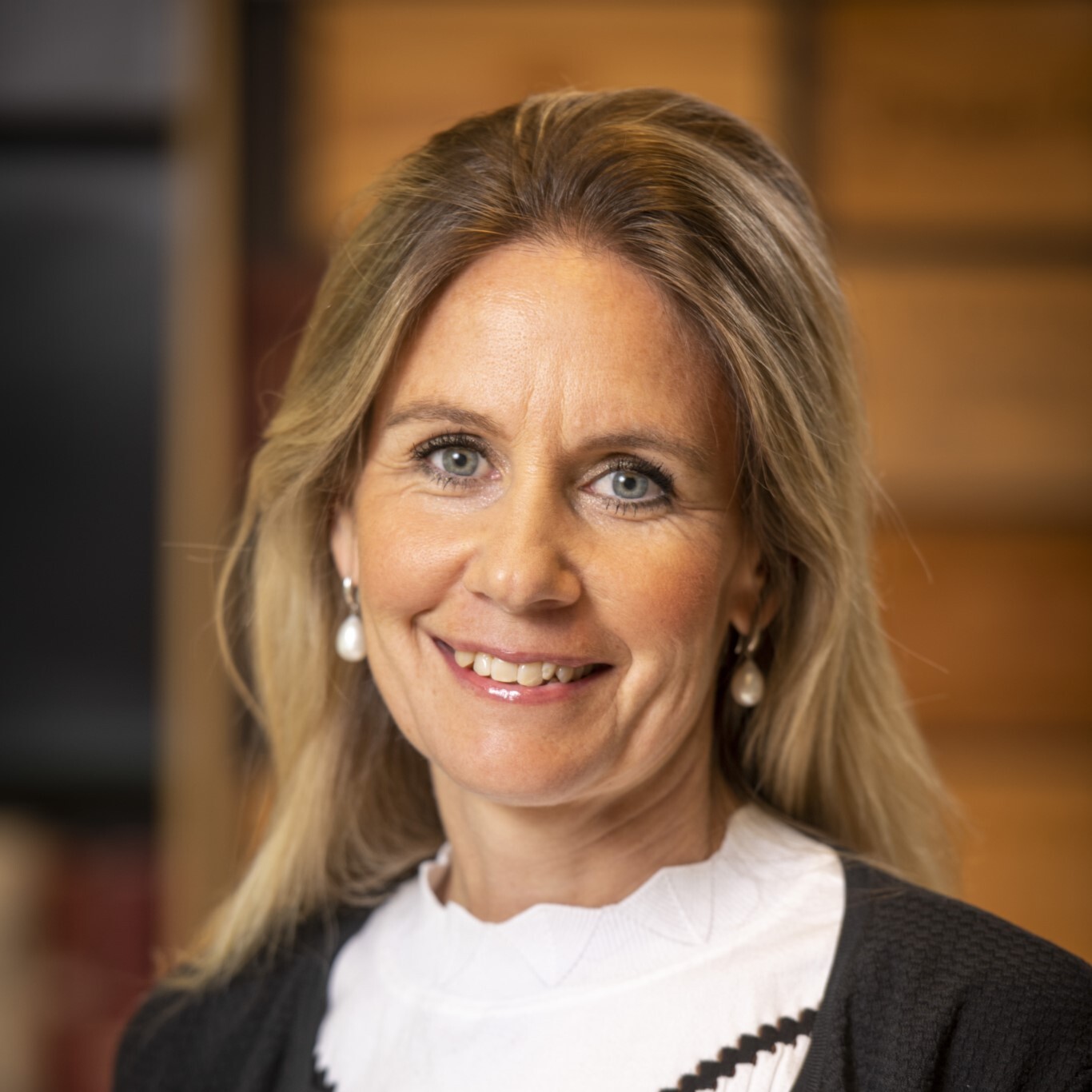Anna de Visser Amundson

Anna de Visser-Amundson was born in Gothenburg, Sweden. She left the country after finishing high school and took a BSc degree in International Hospitality Management at Hotel Management School “Les Roches”, Switzerland graduating as valedictorian and Summa Cum Laude. Anna has held management positions at the Grand Hyatt in Paris, France, at the Four Seasons Hotels and Resorts in Chicago, US and Dublin, Ireland, and at the Floris Suite Hotel, Curacao. During her tenure at HTH, she obtained an MSc Degree in Marketing at the Vrije Universiteit, Amsterdam, NL, where she is a Doctorate Candidate.
Anna’s research interest is sustainable consumption but she is also an avid advocator for a more sustainable and circular food system. As such, she has developed together with the Food and Beverage (F&B) department a successful research line which is manifested in a unique and seamless integration of practice, research and education. It has resulted in a prestigious NWO grant for Anna’s doctorate study “Marketing to the Rescue: Restoring consumers’ value perceptions of rescue-based food”, an Erasmus + Capacity Building grant “IN2FOOD” and publications in e.g., Journal of Marketing Research, Journal of Cleaner Production and Journal of Sustainable Tourism.
Anna is driven by HTH’s mission to “create hospitable futures together” which she feels can only be achieved through more sustainable lifestyles. With a research line with its feet in the ‘real world’ and practise, Anna aims to contribute to the HTH community, the UN SDG’s and ultimately to a more sustainable society. Students are inconstantly involved in her research but also in larger international projects such as fighting food waste in Indonesia. Importantly, her projects involve many external stakeholders (e.g., the national Food Waste Challenge with Rabobank) and also deeper involvement of teaching and instructional staff in research (e.g., publication of conference papers).
“My research is purpose driven. It aims to answer to pressing questions related to food circularity and sustainable consumption. Specifically, together with our F&B department we investigate market developments (e.g., ‘rescue-based food’), smarter use of resources (e.g., reducing food waste) but also how new realities (e.g., the need to eat less meat) affect consumer choices and hospitality businesses trying to cater to those needs”.